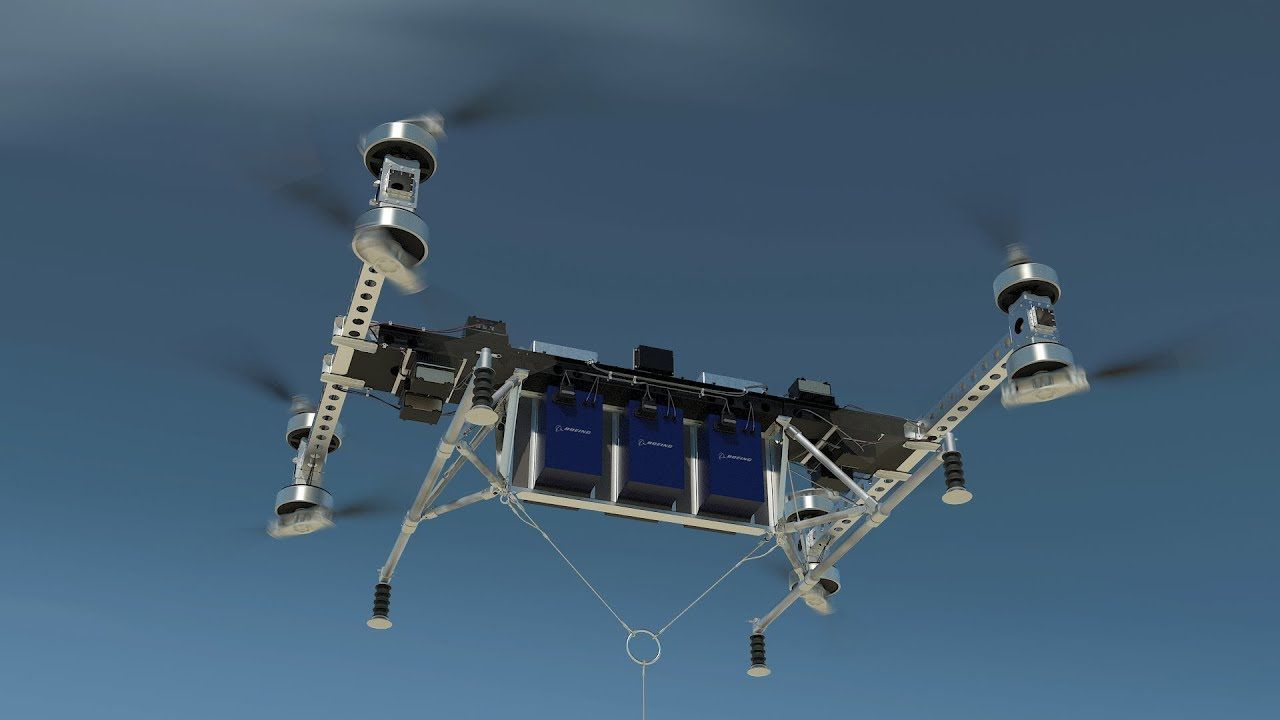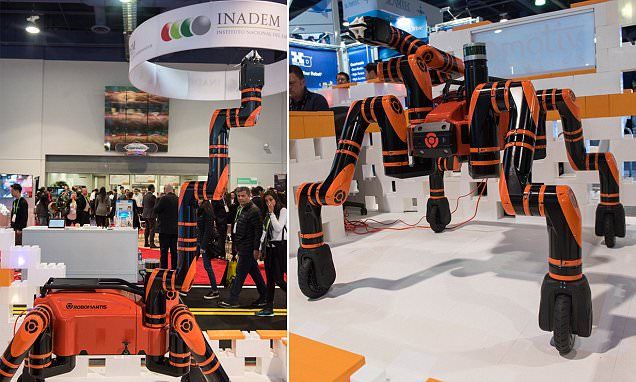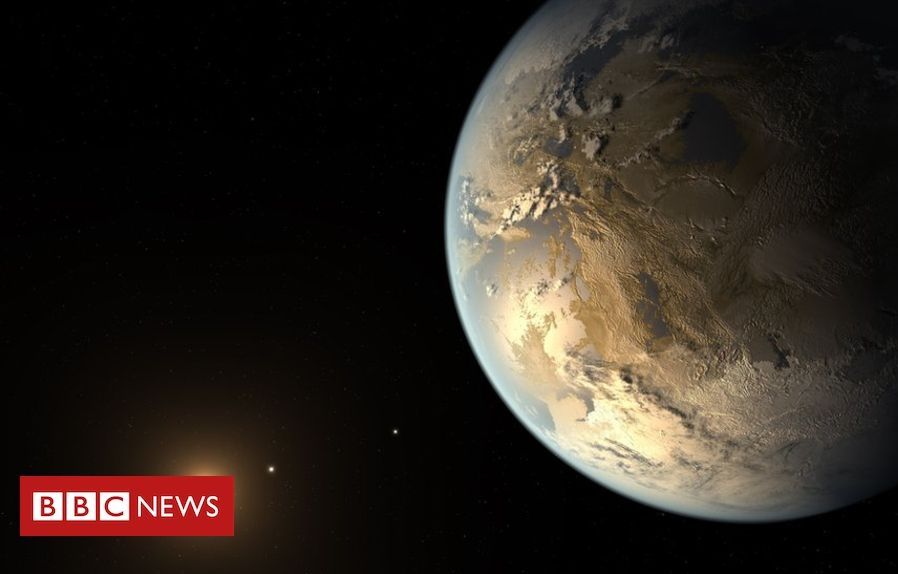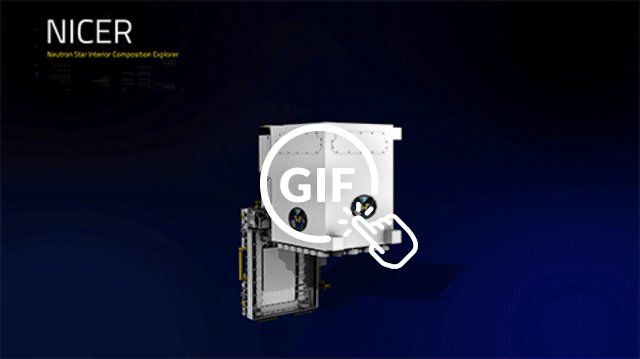Jan 13, 2018
Developing a secure, un-hackable net
Posted by Shailesh Prasad in categories: cybercrime/malcode, quantum physics
A method of securely communicating between multiple quantum devices has been developed by a UCL-led team of scientists, bringing forward the reality of a large-scale, un- hackable quantum network.
To date, communicating via quantum networks has only been possible between two devices of known provenance that have been built securely.
With the EU and UK committing €1 billion and £270 million respectively into funding quantum technology research, a race is on to develop the first truly secure, large-scale network between cities that works for any quantum device.


















